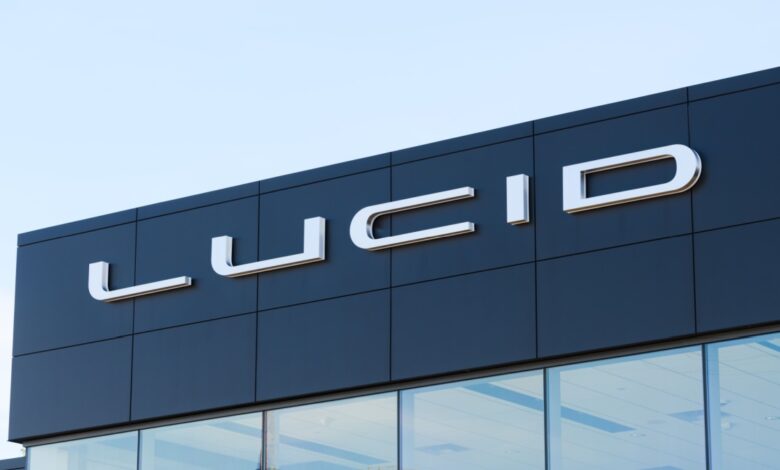Tesla vs Lucid Group: Which EV Maker is Superior?
An in-depth comparative analysis of Tesla and Lucid Group, two of the major players in the electric vehicle industry, each showcasing their unique benefits and challenges.

Recently, Lucid Group’s (NASDAQ: LCID) shares have taken a hit, with a noticeable decrease in the second quarter production and stagnant delivery numbers. The company’s challenges stand in stark contrast to Tesla’s (NASDAQ: TSLA) aggressive market strategies. Let’s dive deeper into the investment potential these two EV giants offer.
Lucid Group: High-End Competition or a Struggling Newcomer?
Lucid Group vs Tesla: Lucid began its trading journey on the Nasdaq exchange last year, backed by substantial funding from the Saudi Arabia Public Investment Fund (PIF). The company markets its luxury sedan, the Lucid Air, starting at $87,400. This puts them in direct competition with Tesla’s Model S, which is priced just slightly higher at $88,490.
Pros of Investing in Lucid:
- High-end Market Targeting: Lucid Air sedans are directly comparable with Tesla’s Model S in terms of market positioning, targeting the premium segment of the EV market.
- Strategic Alliances: Lucid has secured a significant partnership with Aston Martin (OTC: AMGDF), allowing the British company access to Lucid’s electric powertrain and battery technologies in exchange for a 3.7% stake. This collaboration indicates Lucid’s high-tech competencies and its ability to forge strategic alliances.
Cons of Investing in Lucid:
- Production and Delivery Concerns: Lucid’s production dropped by 6% sequentially in the last quarter. Deliveries, on the other hand, remained static, raising questions about the company’s operational efficiency.
- Price War and Financial Challenges: Tesla’s price war, initiated earlier this year, has increased the pressure on Lucid. To sustain and stimulate demand, substantial price cuts may be required, which could hit the bottom line.
- Cash Crunch: Lucid has been grappling with a cash crunch, planning to raise approximately $3 billion via a stock offering to finance operations and growth.
Tesla: The Established Market Leader
Tesla, led by Elon Musk, has established itself as the market leader in the EV space. With a significant presence and a competitive pricing strategy, Tesla’s strategies continue to put pressure on its competition.
Pros of Investing in Tesla:
- Market Leadership: Tesla has been a trailblazer in the EV market, consistently demonstrating strong sales figures and production numbers.
- Aggressive Pricing: Tesla’s strategic price cuts have further fortified its position in the market, exerting additional pressure on competitors like Lucid Group.
Cons of Investing in Tesla:
- Market Volatility: Tesla’s shares have been known to exhibit extreme volatility. While this may offer high returns for risk-tolerant investors, it may not suit conservative investors. In addition, market price can be closely tied to Elon’s public image.
The Bottom Line
Both Lucid and Tesla offer unique investment opportunities. Lucid, a new entrant, targets the high-end EV market, but struggles with operational efficiency and a cash crunch. On the other hand, Tesla, the established leader, has solid market dominance but can be volatile and heavily dependent on Musk’s leadership. Ultimately, the choice between the two depends on your risk tolerance, investment goals, and belief in each company’s ability to navigate the challenges and opportunities in the EV industry.
Read Next: Why Nvidia’s Tech Investments Could Transform the Entire AI Innovation Ecosystem
Join the Discussion in the WVC Facebook Investor Group
Do you have a stock tip or news story suggestion? Please email us at: invest@wealthyvc.com.
Disclaimer: Wealthy VC does not hold a position in any of the stocks, ETFs or cryptocurrencies mentioned in this article.




